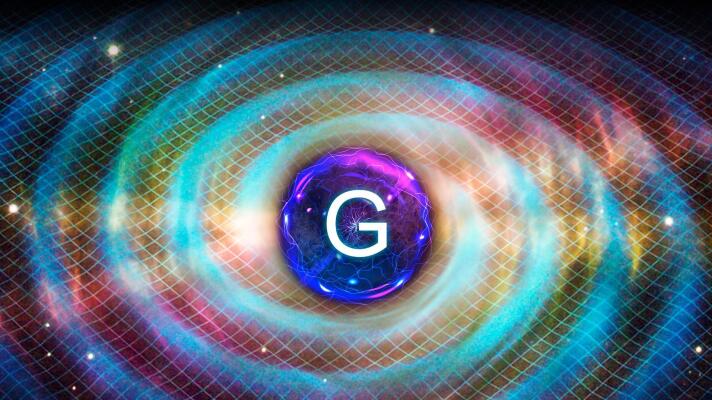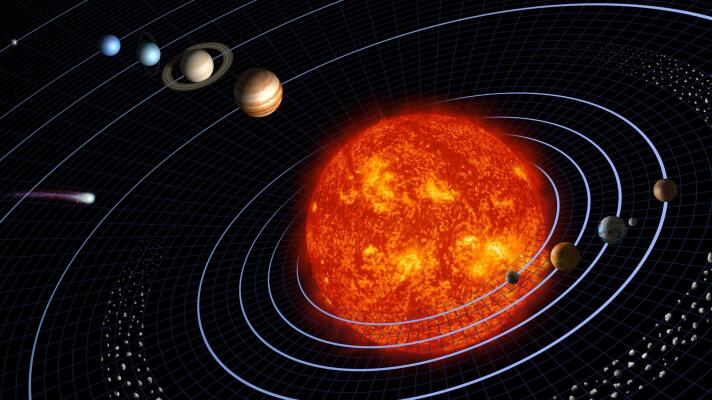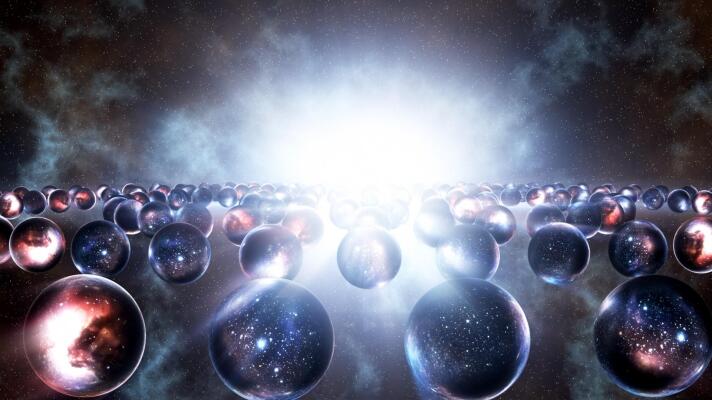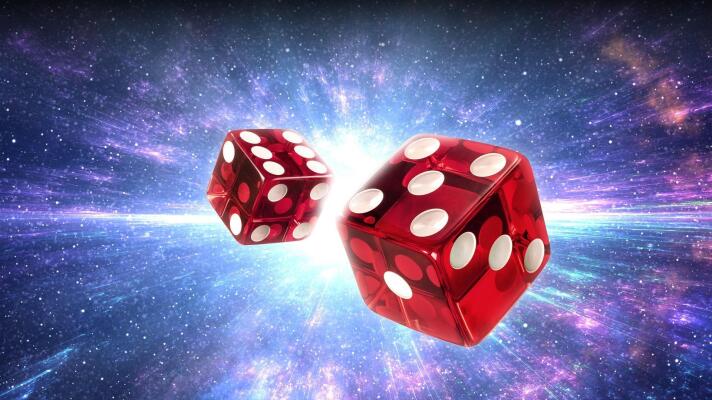Latest Episodes
All
-
All
-
PBS Space Time Season 11
-
PBS Space Time Season 10
-
PBS Space Time Season 9
-
PBS Space Time Season 8
-
PBS Space Time Season 7
-
PBS Space Time Season 6
-
PBS Space Time Season 5
-
PBS Space Time Season 4
-
PBS Space Time Season 3
-
PBS Space Time Season 2
-
PBS Space Time Season 1
The universe thrums with quantum fields, except something may be missing: the sterile neutrino.
Episode:
S11
E20
|
18:33
Gravitons, the particle of quantum gravity, may be impossible to detect.
Episode:
S11
E19
|
18:42
2025 was the international year of quantum science, but today we examine its origins.
Episode:
S11
E18
|
25:02
We’ve found lots of “habitable” worlds but we don’t know what factors are needed for life.
Episode:
S11
E17
|
21:17
What is the graviton, and does it even exist?
Episode:
S11
E16
|
21:31
Does quantum mechanics allow the future to retroactively influence the past or not?
Episode:
S11
E14
|
23:22
Antimatter drives sound like science fiction, but they may not be as far as you think.
Episode:
S11
E15
|
19:52
Life on mars could result in humanity’s destruction via Fermi Paradox.
Episode:
S11
E13
|
19:14
How to build a particle collider the size of the solar system.
Episode:
S11
E12
|
19:01
One of the most important reasons we go to space is to know our own planet better.
Episode:
S11
E11
|
12:39
Is there evidence for the existence of an enormous number of other universes?
Episode:
S11
E10
|
16:18
Can something that exists be bad science?
Episode:
S11
E9
|
17:14
It may be that our very DNA inherited its twist from the underlying handedness of reality.
Episode:
S11
E8
|
18:56
Did God have any choice in creating the world? So asked Albert Einstein
Episode:
S11
E7
|
17:21
What if, just before we reach the bottom, we find out that reductionism fails?
Episode:
S11
E6
|
18:19
The biggest news in cosmology in recent years is that dark energy may be fading away.
Episode:
S11
E5
|
19:03
Does this also explain why there are no aliens?
Episode:
S11
E4
|
18:50
Quantum energy teleportation may be as close as we get to transporter beams. But how close is that?
Episode:
S11
E3
|
16:58
Why is there any matter in the universe? A new antimatter breakthrough at LHC holds clues.
Episode:
S11
E2
|
14:50
There’s an extremely good chance that Earth once did have a ring system.
Episode:
S11
E1
|
16:30
How is it possible to tell if a space rock will one day collide with the Earth?
Episode:
S10
E37
|
17:23
Did you know that many of us have up to 4% neanderthal DNA?
Episode:
S10
E36
|
15:58
What if the Big Bang was just an endless cycle?
Episode:
S10
E35
|
16:35
Why are billions suddenly being pumped into fusion startups?
Episode:
S10
E34
|
19:39
The universe should've collapsed after the Big Bang, but a light Higgs boson let us exist.
Episode:
S10
E33
|
16:36
Maybe dark energy doesn't exist?
Episode:
S10
E32
|
14:30
Dark matter has eluded us for many decades but we may be able to discover more now.
Episode:
S10
E31
|
18:32
What do you get if you combine something that’s infinitely massive and negative infinitely massive?
Episode:
S10
E30
|
15:35
What does an electron really look like?
Episode:
S10
E29
|
13:39
Is there a limit to how much energy you can cram into, or pull out of one patch of space?
Episode:
S10
E28
|
16:35
I’d like to invite you to an even higher level of nerdom!
Episode:
S10
E27
|
17:19
Gravitational tsunamis exist and we’re on the verge of being able to detect them.
Episode:
S10
E26
|
11:43
Will we ever become a Kardeshev Type-1 civilization and how can we get there?
Episode:
S10
E25
|
18:40
New data is telling us that Neutron stars may make one of the most popular dark matter candidates.
Episode:
S10
E24
|
14:05
Is Dark Energy Getting Weaker?
Episode:
S10
E23
|
15:14
Here’s the story we like to tell about the beginning of the universe.
Episode:
S10
E22
|
16:08
We’ve never seen a TDE in the Milky Way, but we’ve seen them in distant galaxies.
Episode:
S10
E21
|
17:44
Let’s talk about quantum gravity experiments that can be done here on Earth!
Episode:
S10
E20
|
16:51
What if gravity isn’t weirdly quantum at all, but rather … just a bit messy?
Episode:
S10
E19
|
19:25
Have we reached the end of the line of discoverable elements?
Episode:
S10
E18
|
17:02
Extras
Primordial black holes may be lurking throughout our universe.
Preview:
S2
|
10:16
Let's settle the quantum entanglement once and for all.
Preview:
S2
|
11:24
Many have tried to speculate about what the fate of the universe would be.
Preview:
S2
|
9:51














































